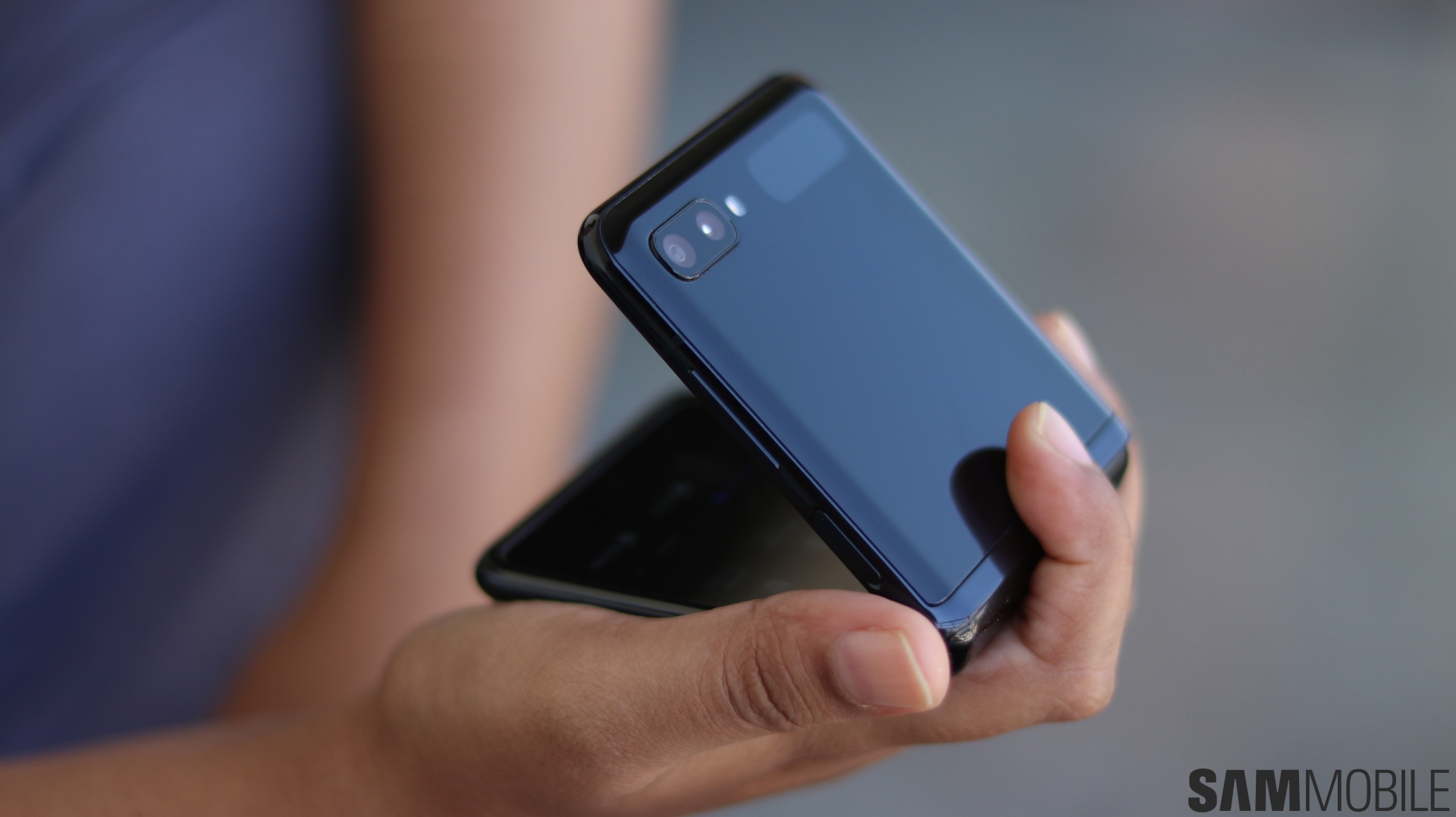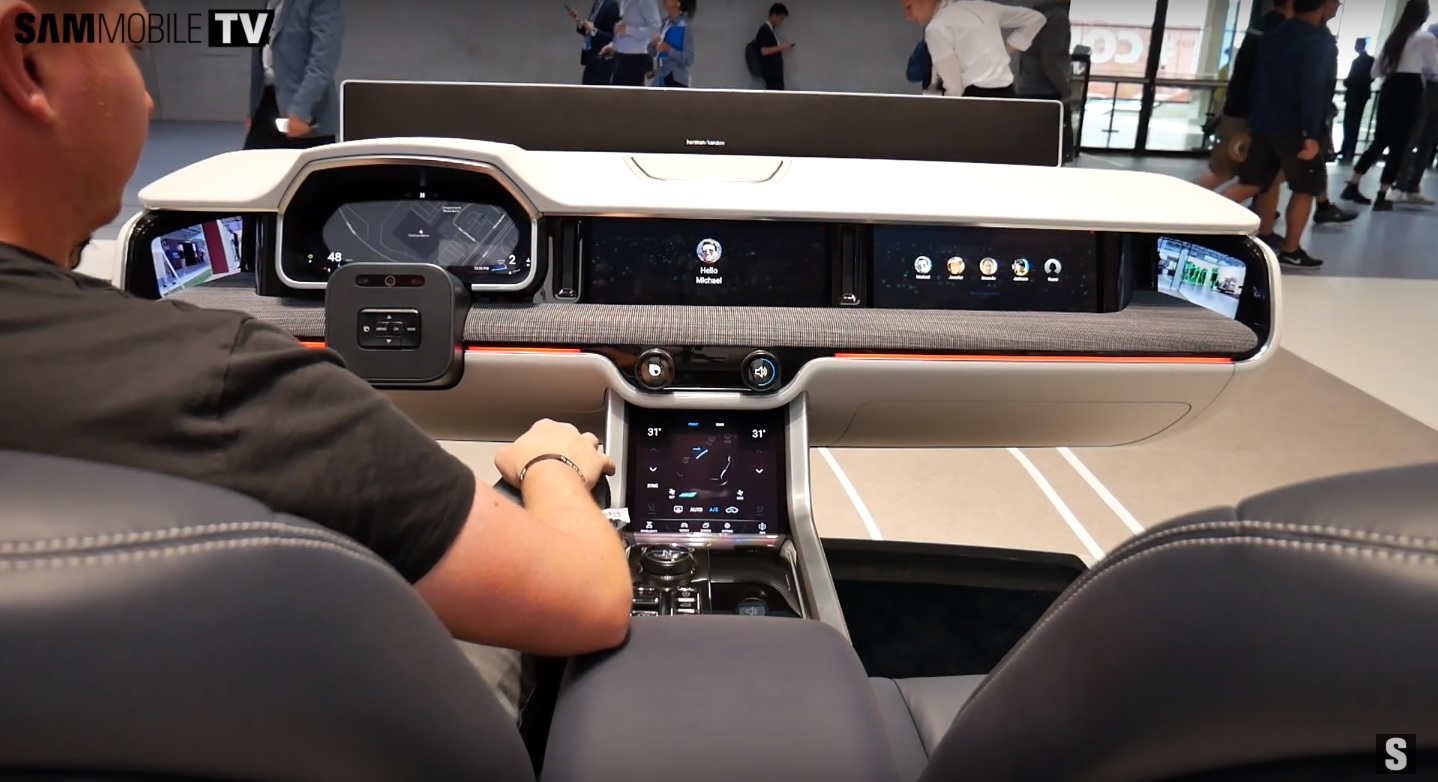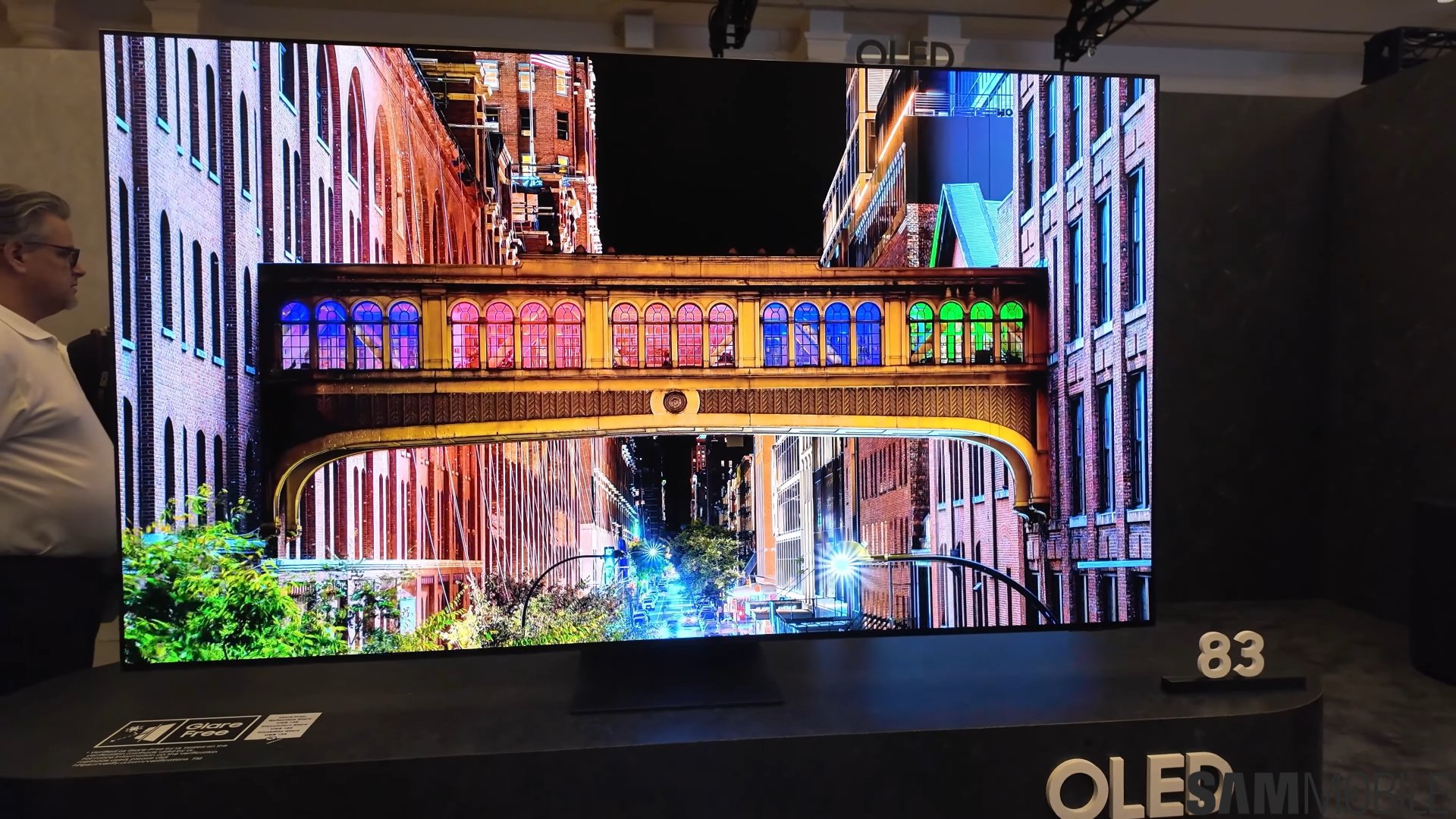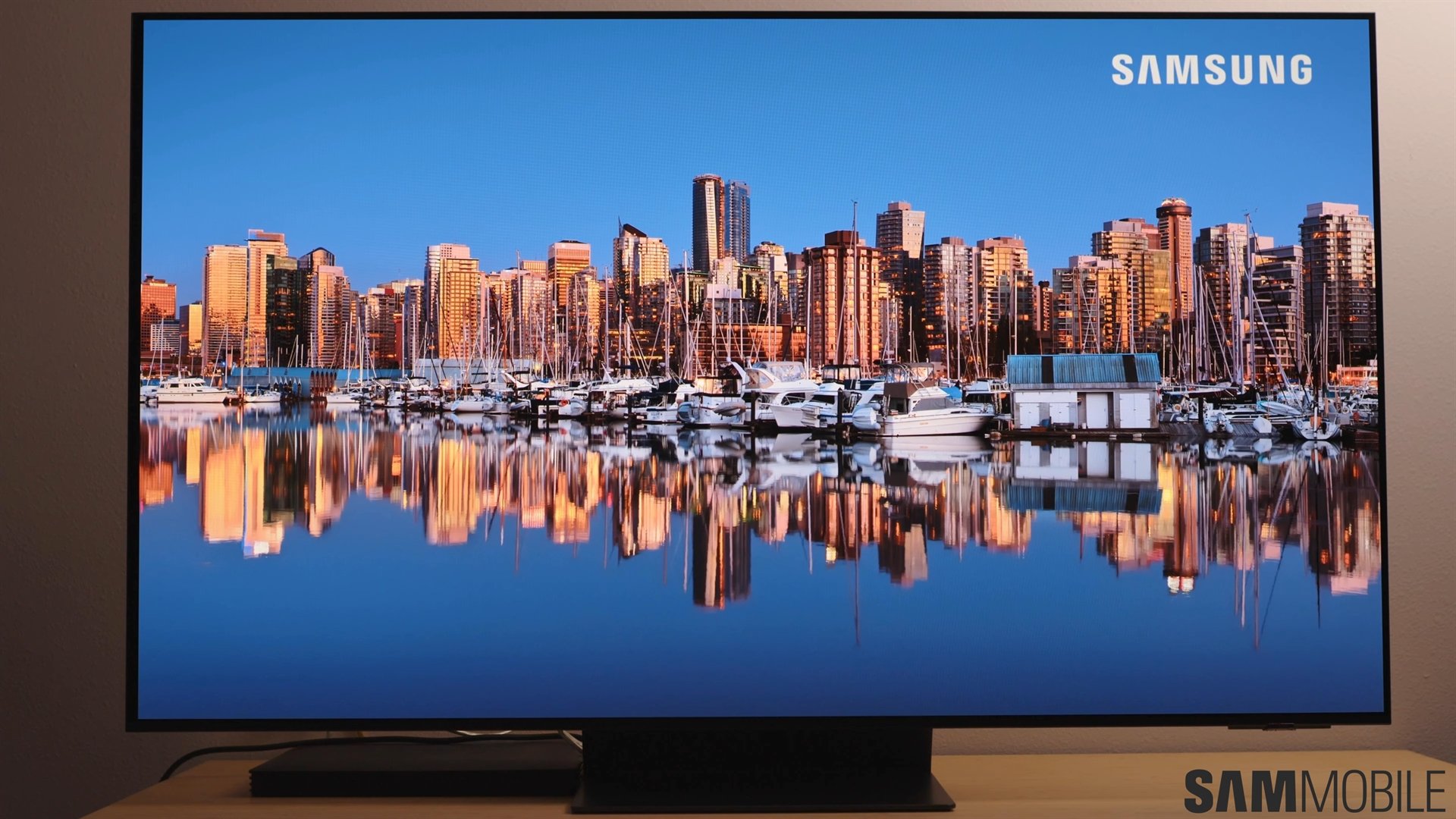
While polarizers hardly burdened OLEDs in the past, the emergence of foldable electronics made their drawbacks way more apparent. Most notably in regards to how they limit the actual flexibility of bendable screens, in addition to heavily impacting their maximum brightness.
Who wouldn't want it to be thinner, brighter, and more flexible?
Color filters, on the other hand, promise to deliver identical or better anti-reflective properties while simultaneously being thinner than traditional polarizers by a double-digit factor, UBI Research explained in its latest industry report published earlier today. What's less clear is how would the transition from polarizers to color filters impact foldable display durability. It's not like existing foldables such as the Galaxy Fold proved to be super resilient anyway. In fact, Samsung actually added an extra shock-absorption layer between the Ultra Thin Glass and polarizer used for the Galaxy Z Flip.
Chinese display manufacturer BOE is also heavily invested in color filter R&D, as per the same report from the Far East. What's more, BOE may actually be slightly ahead of Samsung in this pursuit, at least based on the already showcased technologies. Interestingly enough, Samsung actually explored the possibility of a large-scale partnership with BOE, albeit one focused on its conventional candybar flagships instead of foldables.

















